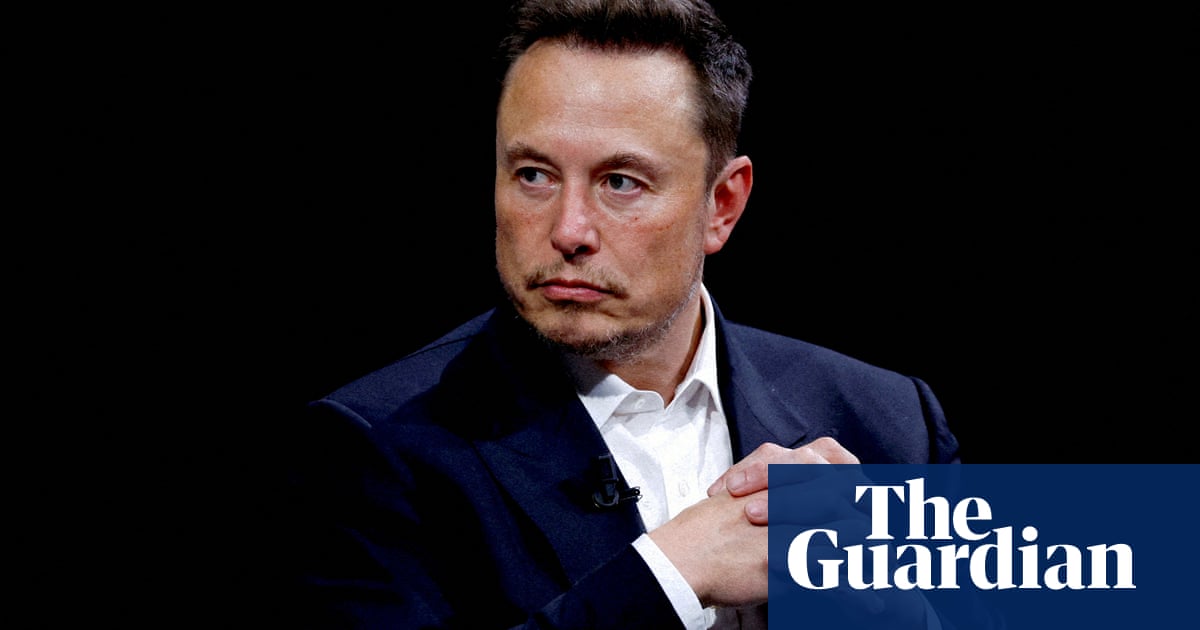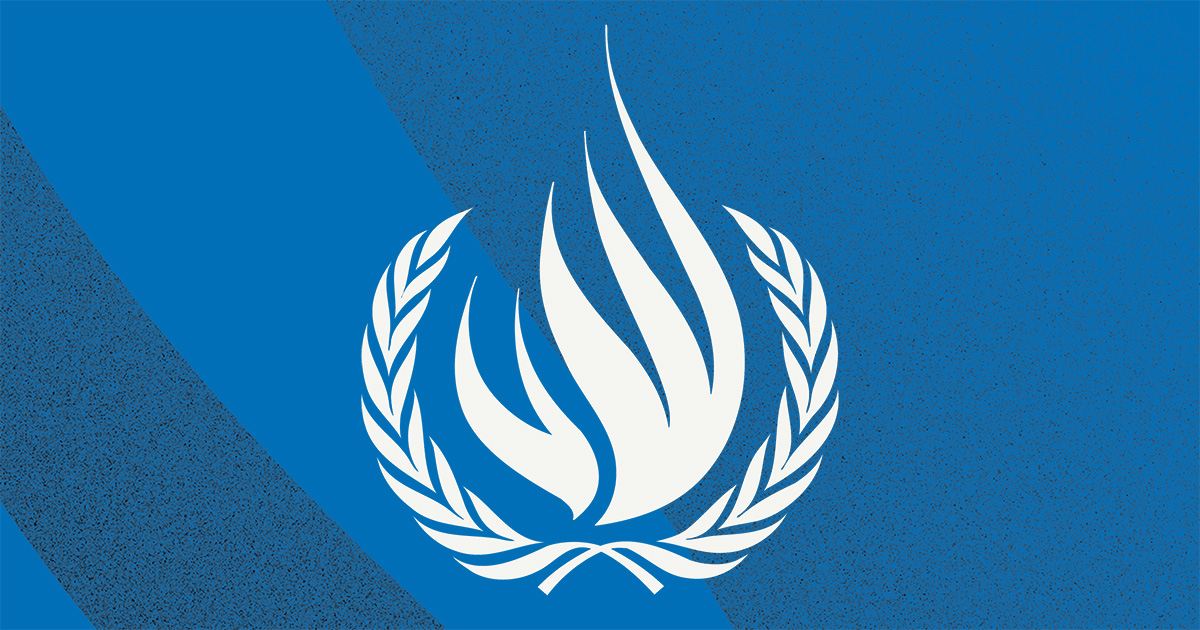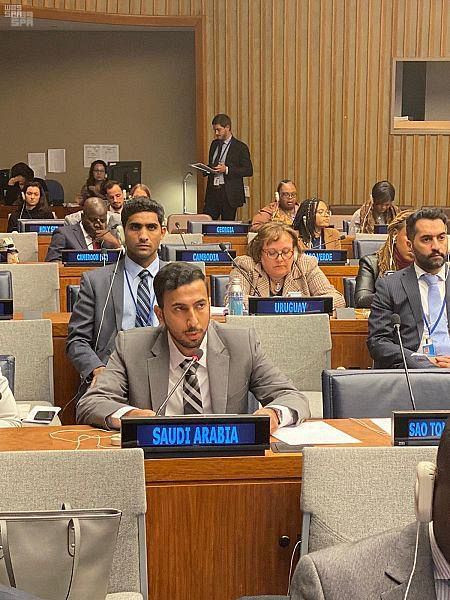
Facebook has announced the members of its new oversight board, an international committee of judges, journalists and academics who will help steer the company’s policy on freedom of expression.
Among the 20 board members who have agreed to help set policy for the social network are Helle Thorning-Schmidt, the former prime minister of Denmark; the Nobel peace laureate Tawakkol Karman; and Alan Rusbridger, the former Guardian editor-in-chief.
The first four members of the board, who all hold the title of co-chair, were selected by Facebook directly. Thorning-Schmidt is one, and is joined by two US law professors, Jamal Greene and Michael McConnell, and Catalina Botero Marino, a former special rapporteur for freedom of expression at the Organization of American States.
Those four, in combination with Facebook, selected the next 16 members and will continue to appoint board members until the board hits its full complement of 40. At that point, Facebook says it will drop out of the process, leaving the board fully in charge of its own composition.
“Our roster includes three former judges, six former or current journalists, and other leaders with backgrounds from civil society, academia and public service,” said Thomas Hughes, the director of the oversight board. “They represent a diverse collection of backgrounds and beliefs, but all have a deep commitment to advancing human rights and freedom of expression.”
First proposed by Mark Zuckerberg in 2018, the oversight board is Facebook’s attempt to extricate itself from the uncomfortable position of ruling on free speech issues around the world. The board will arbitrate difficult decisions about content moderation, based both on appeals from users, and self-referrals from Facebook itself.
Facebook donated “irrevocable funding for an independent trust” to run the board, said Facebook’s director of governance and global affairs, Brent Harris, and has committed to “implement the board’s decisions unless doing so breaks the law”.
Thorning-Schmidt, who served as CEO of Save the Children after leaving office and is married to the Labour MP Stephen Kinnock, said she “looked forward to the challenge” that the board’s work would bring.
“In this health crisis we are seeing that social media helps us stay connected. But there’s a downside: it can spread speech that is hateful, deceitful and harmful,” she said. “Until now some of the most difficult decisions about moderation have been made by Facebook and, ultimately, by Mark Zuckerberg himself. But we will now for the first time have an independent body that will take final and binding decisions on what content stays up and what content is removed.”
Rusbridger, who was editor-in-chief of the Guardian from 1995 until 2015, said. “The oversight board seems to be the first imaginative and bold step by one of the biggest players to find a way of reconciling the need to start imposing some kind of judgment and standards on what is published, while still maintaining the things that are wonderful about social media, and necessary for free speech. I’m impressed by the group of people that has been chosen and the processes that have been put in place.”
Hughes, when asked if the independence of the board could stretch to it taking on oversight for other social networks if they requested it, confirmed that it could. “But I think all the co-chairs would agree with me that in the short term there is an enormous challenge in just dealing with the requests from Facebook and Instagram alone,” he said.












